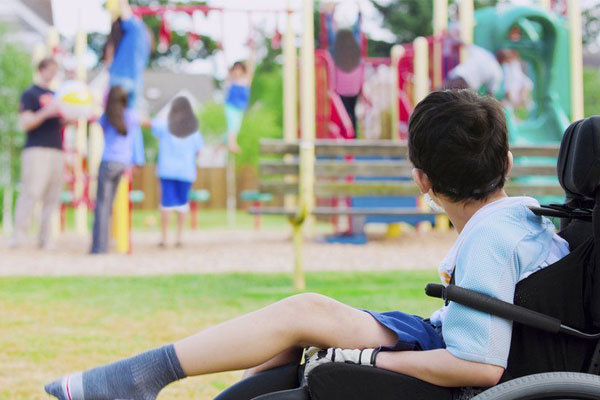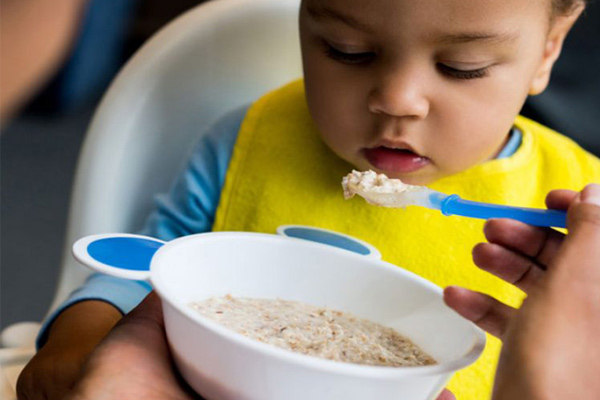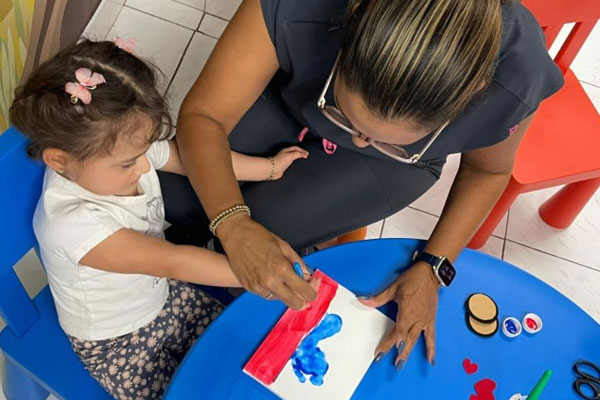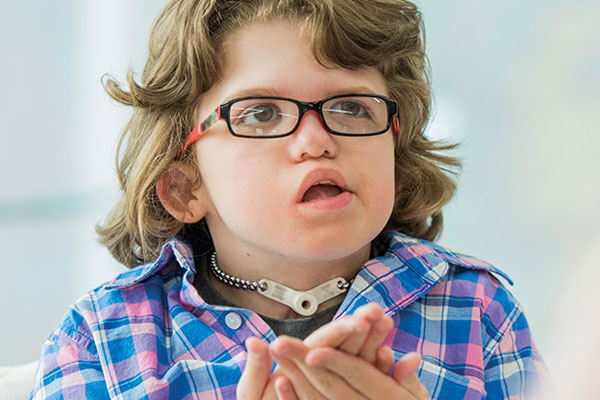
I am discouraged, says a mother, by the displays of pity and concern for her son’s paralysis. Javier was partially paralyzed in a sports accident when he was a teenager. Three years later he lives as full a life as possible, with friends, studies, plus music and following all the sports that he loves. Still, she says, “when we socialize, everyone looks at us, looks sad, touches us gently and tells us how brave we are. I know they want to support me, but that makes me feel uncomfortable. And when I respond that her paralysis is not as problematic as she thinks, she goes on and on about how inspiring I am.
Of course, Javier is much more than his legs, so how could his mother handle this?
I think there may be two problems here: compassion that is well-intentioned but seems to have turned into pity. That would make a lot of us angry. Pity carries a smell of superiority. And I support her objection to her friend’s (implicit) judgment that his son is somehow inferior because he is paralyzed.
Sometimes not, sometimes friends and families get scared and mention it incessantly because they can’t imagine how they would do if they were in their parents’ situation.
So, and in these cases, as psychologists suggest, it is best to be direct and kind. Warn them that you, as his parents, have had time to process the accident and are enjoying Javier’s current accomplishments. And that’s why it’s best to focus on the current moment and enjoy Javier and his smile despite his disability.



